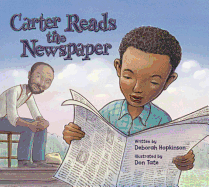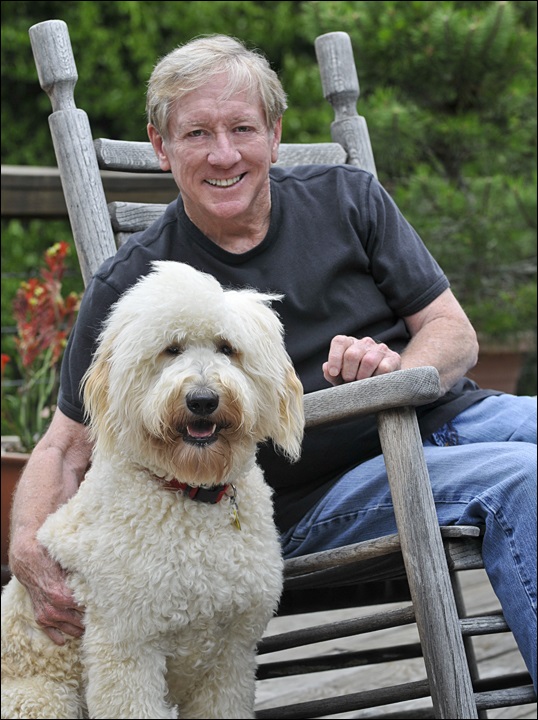 |
| photo: John Michael Riley |
Bryan E. Robinson is the author of #CHILL: Turn Off Your Job and Turn On Your Life (Morrow, December 31, 2018). He is a psychotherapist and author of two novels and 40 nonfiction books that have been translated into 15 languages. He is a contributor to Thrive Global, Psychology Today and The Big Thrill, and has been featured on 20/20, Good Morning America, NBC Nightly News, the Early Show and ABC World News Tonight. Robinson maintains a private clinical practice and lives in the Blue Ridge Mountains with his spouse, three golden doodles and occasional bears at night.
On your nightstand now:
The Subtle Art of Not Giving a F*ck by Mark Manson, The Hush by John Hart (my favorite contemporary author) and A Mind Unraveled: A Memoir by Kurt Eichenwald. I usually have a nonfiction and fiction book going simultaneously. Since I write in both genres, the combo keeps me balanced and informed.
Favorite book when you were a child:
Adventures of Huckleberry Finn by Mark Twain. I still love everything about this book--the beauty/brutality paradox of Southern contradictions: cloaked messages full of dysfunctional relationships, racism and deep pockets of religious fundamentalism along with the natural beauty and wildlife of the South, embroidered branches of sprawling live oaks drooping with heavy beards of Spanish moss, stretching low to brush the lush vegetation. And, of course, life along the river. I loved the sense of mystery, the relationship between Huck and Jim crossing racial lines, and the coming of age of Huck Finn. Just hearing or reading the title of the book gives me chills of excitement. In some ways, the book has implications for today's culture.
Your top five authors:
Most of my top five authors are Southern writers:
John Hart. His poetic writing is drenched in beautiful, rich literary soil and at the same time yields a gripping, entertaining and exquisite mystery that keeps you on the edge of your seat. His mysteries usually revolve around family dysfunction, in his words: "It's a place to cultivate secrets and misdeeds where betrayal cuts deeply, pain lingers, and memory becomes timeless."
Flannery O'Connor. I love everything she's written. She was an artist who knew how to brilliantly tease the human psyche to the surface.
Pat Conroy. My top all-time favorite writer. I love to read the descriptions in his writing, although it's one of the things critics slammed him for. He was a master at peeling off the veneer of deeply flawed, eccentric characters hiding behind a façade of respectability and superiority.
Anthony de Mello, an Indian Jesuit priest and psychotherapist, who wrote The Way to Love and Sadhana, a Way to God. They were the first books I read that enlightened me to the idea of the power of perspective and spirituality: "Nothing has changed but my attitude, therefore, everything has changed."
Fannie Flagg, especially Fried Green Tomatoes at the Whistle Stop Cafe, one of my all-time favorites, again showing the deeper meaning of life with a dash of humor that keeps you on the edge of your seat or makes you fall out of it laughing.
Book you've faked reading:
I love this question because I think most of us have done this for a variety of reasons. I tried to read Martin Buber's I and Thou in my youth so I could pontificate along with others about the meaning of life. But I never understood it, although I tried like hell to. I finally gave up until later in my life when it started to make sense thanks to the painful arrows of life's lessons and curve balls.
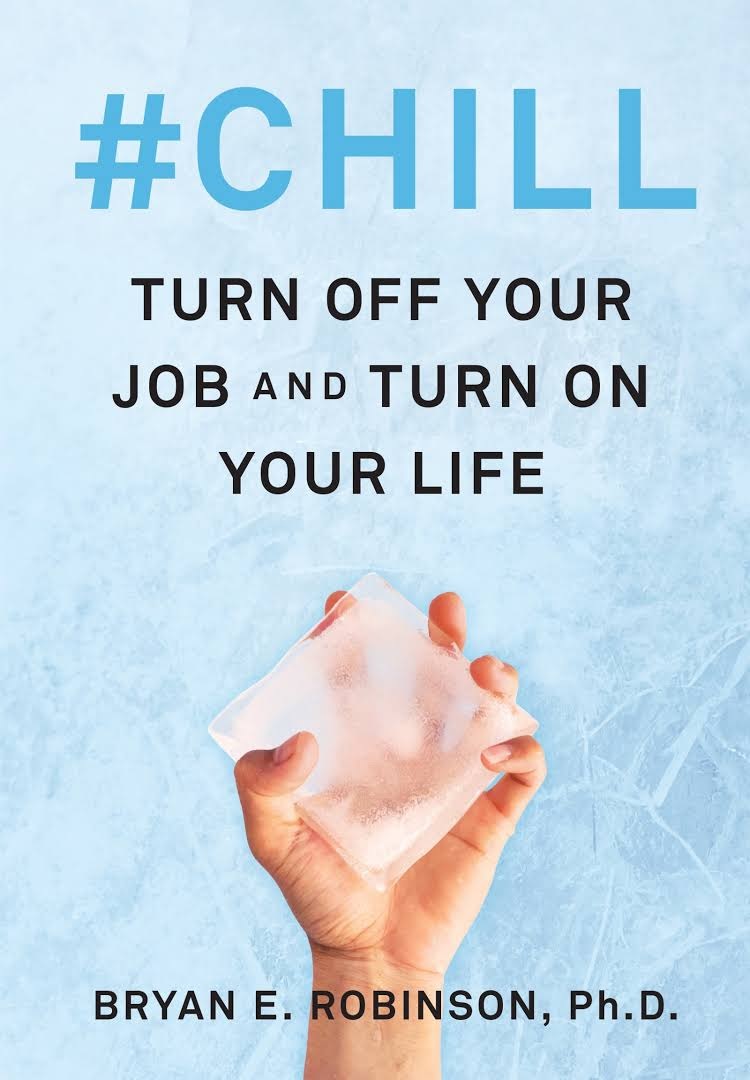 Book you're an evangelist for:
Book you're an evangelist for:
Ordinary Grace by William Kent Krueger, one of the best books (maybe the best book) I've read in the last five years. I'm a sucker for coming-of-age books, and this one includes twists and turns and a page-turning mystery with a deeper spiritual message about life and an awesome surprise ending. Also, The Help by Kathryn Stockett reminded me of the racial prejudice I observed in my own North Carolina upbringing that still exists nationwide.
Book you've bought for the cover:
Harry Potter and the Philosopher's Stone. I love all the Harry Potter covers.
But I didn't enjoy reading them because I like stories that are more closely tied to the social realities and personal obstacles in life.
Book you hid from your parents:
My parents were so self-absorbed with their own troubling agendas that they didn't pay much attention to what I read.
Book that changed your life:
Man's Search for Meaning by Viktor Frankl. I realized if Frankl could survive the atrocities he wrote about in Dachau and Auschwitz, then I could overcome and survive the traumas of my childhood. This book gave me hope to heal. It helped me see that mind over matter is real and that freedom resides inside us--the most powerful thing any of us can ever know: "Between stimulus and response there is a space. In that space is our power to choose our response. In our response lies our growth and our freedom."
Favorite line from a book:
My favorite line: "And the day came when the risk to remain tight in a bud was more painful than the risk it took to blossom." --Anaïs Nin, from The Diary of Anaïs Nin (1903-1977). Truer words have never been written.
Five books you'll never part with:
Ordinary Grace by William Kent Krueger
Adventures of Huckleberry Finn by Mark Twain
Revolution from Within by Gloria Steinem (because she uses my upbringing as a case study in this book and wrote a personal message to me in my copy)
Sanctuary by William Faulkner. It was my adult introduction to literary regionalism--popularized by Faulkner through dialect, history, customs and landscape of the South. I minored in anthropology and have always been an anthropologist at heart. Both Faulkner and Zora Neal Hurston heavily influenced my first novel, Limestone Gumption: A Brad Pope and Sisterfriends Mystery, set on the banks of the Suwannee River in Florida.
Limestone Gumption, because it was a communion of my boyhood dream--to write fiction with some of the elements of the Southern authors I had read. I still have a deep attachment to the storyline.
Book you most want to read again for the first time:
To Kill a Mockingbird by Harper Lee. It affected me the way Huckleberry Finn affected me. I related to it from the difficulties in my own childhood in coming of age. And The Glass Castle by Jeannette Walls because it reminded me of my own challenges growing up.
Book that scared the crap out of you:
Pet Sematary by Stephen King. I remember reading it, and I had to put it down. My heart was racing so fast I thought I would have a heart attack. But I finally kept picking it up and made it through word by word.
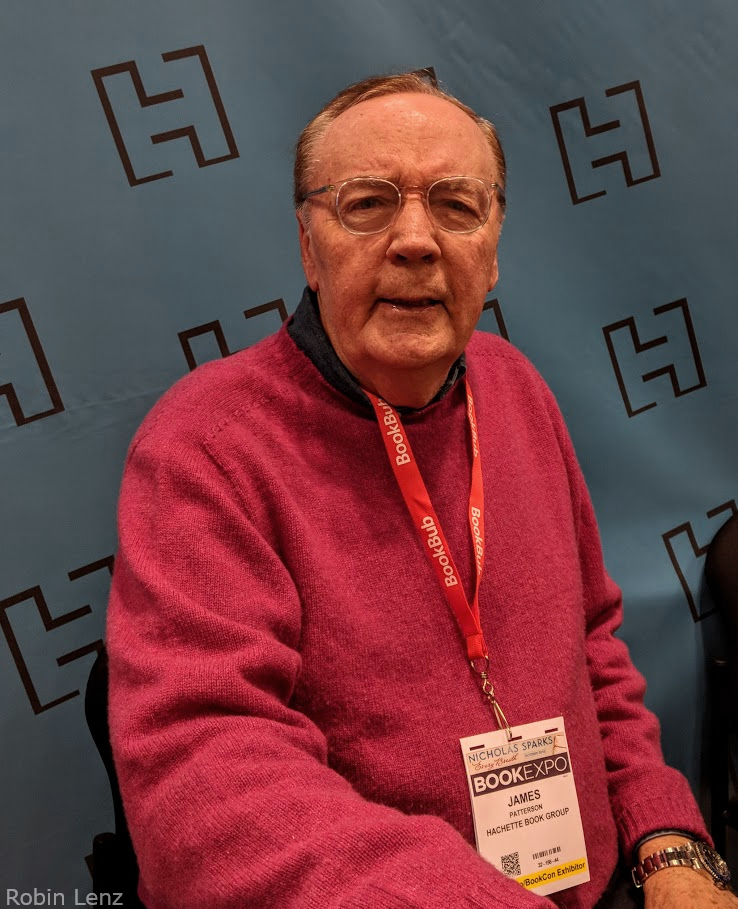 As part of his Holiday Bookstore Bonus Program, James Patterson, in partnership with the American Booksellers Association, is distributing grants to 333 booksellers, each of whom will receive $750, the Associated Press reported. The winners were nominated by customers, booksellers, publishing industry colleagues and others, who were invited to answer the grant application’s one question: "Why does this bookseller deserve a holiday bonus?"
As part of his Holiday Bookstore Bonus Program, James Patterson, in partnership with the American Booksellers Association, is distributing grants to 333 booksellers, each of whom will receive $750, the Associated Press reported. The winners were nominated by customers, booksellers, publishing industry colleagues and others, who were invited to answer the grant application’s one question: "Why does this bookseller deserve a holiday bonus?"


SHELFAWARENESS.1222.S1.BESTADSWEBINAR.gif)


SHELFAWARENESS.1222.T1.BESTADSWEBINAR.gif)
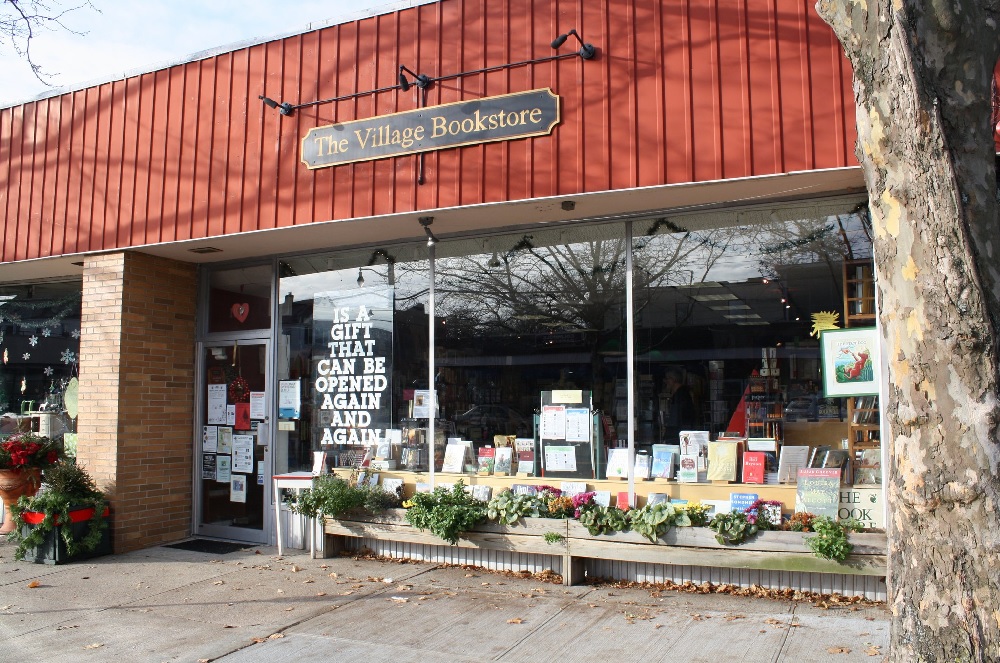
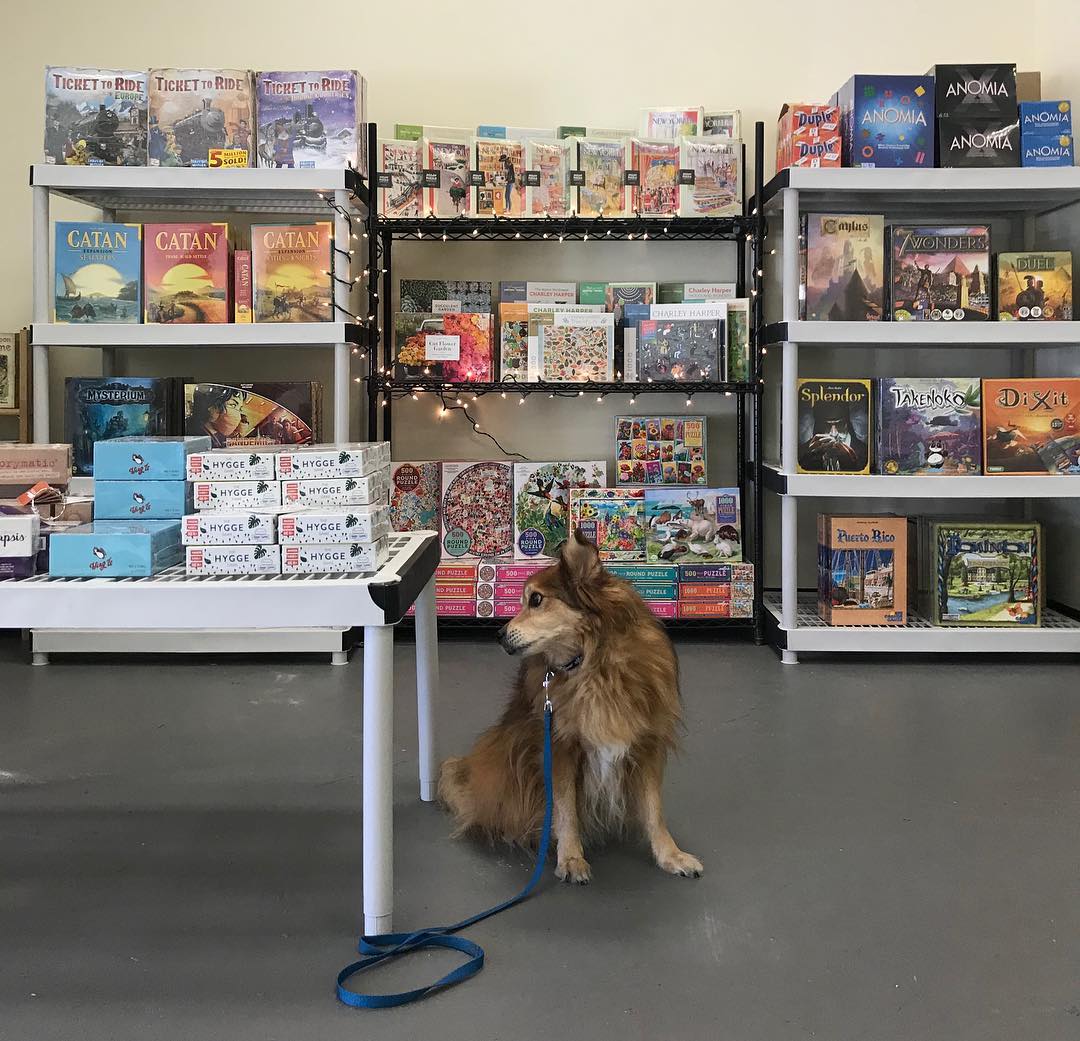 During the holiday season,
During the holiday season, 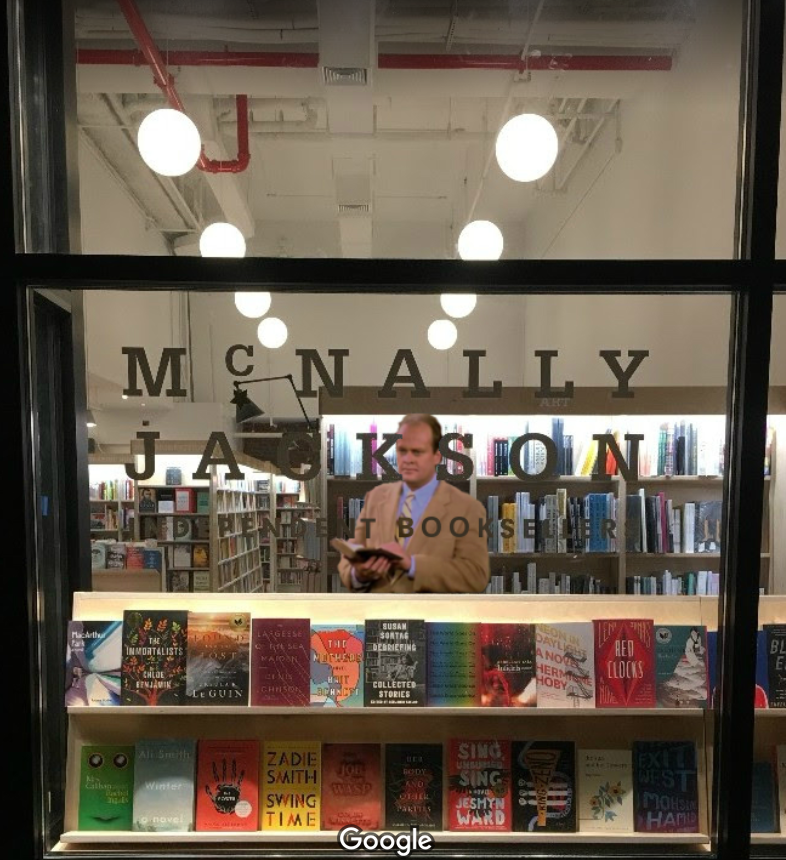 "Somebody is
"Somebody is 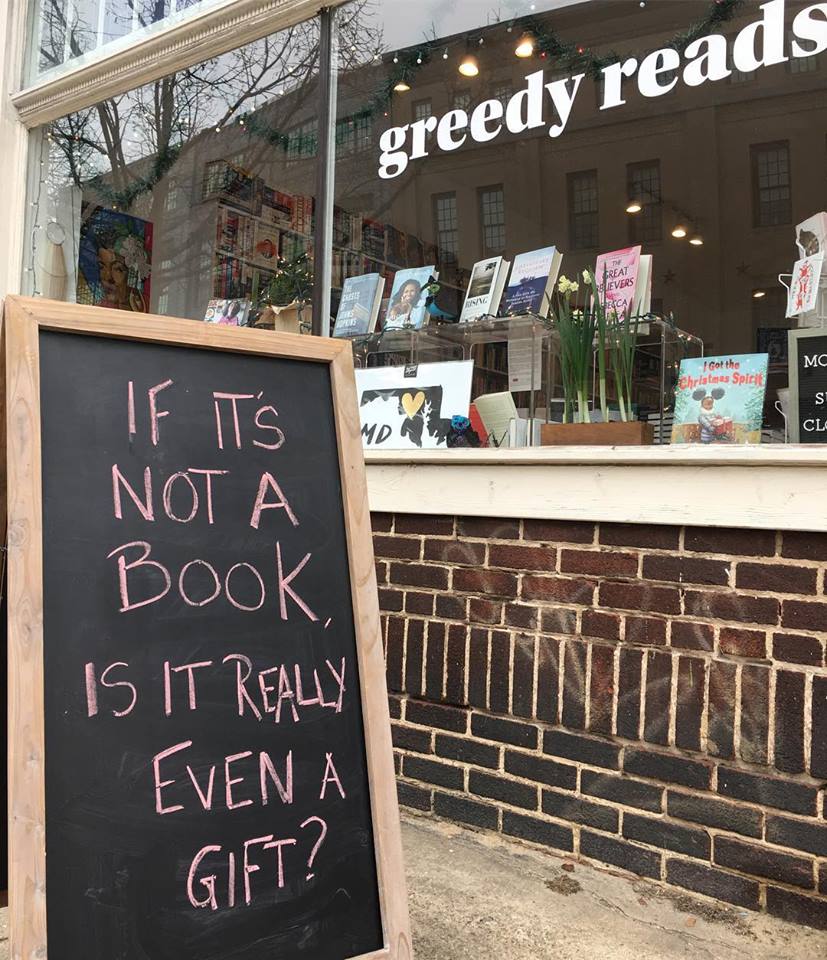 Greedy Reads
Greedy Reads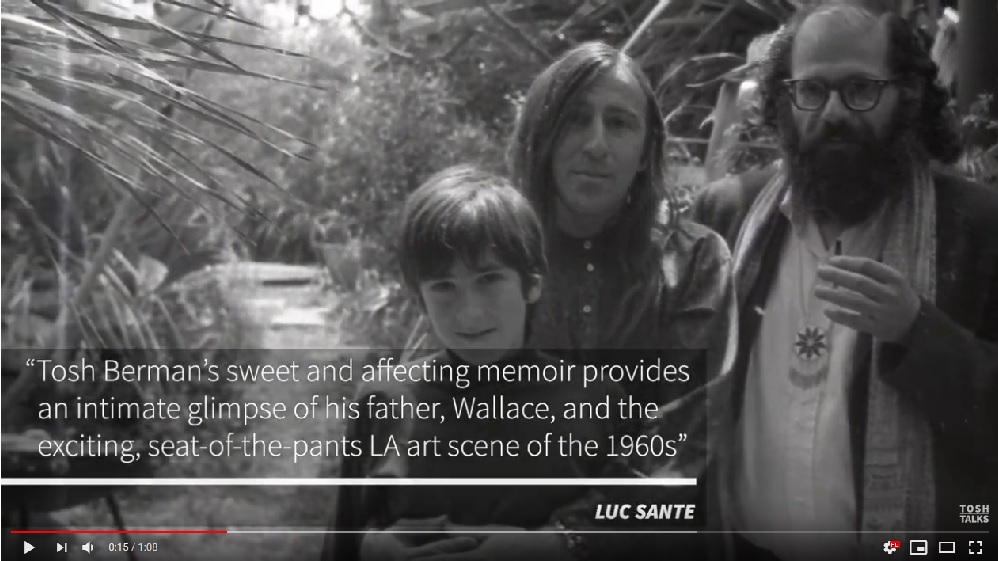 Tosh: Growing Up in Wallace Berman's World
Tosh: Growing Up in Wallace Berman's World
 Book you're an evangelist for:
Book you're an evangelist for: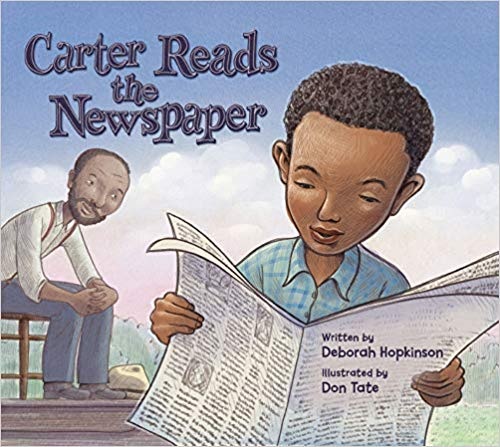 Deborah Hopkinson and Don Tate's exemplary picture book about Carter G. Woodson, "the father of Black History," celebrates a lesser-known historic American. Woodson didn't "help people escape from slavery, start a bus strike, or lead a movement of millions"; instead, he "transformed the way people thought about history" and set the groundwork for Black History Month. Celebrated in February, Black History Month serves as a time "to honor heroes like Harriet Tubman, Rosa Parks, and Martin Luther King, Jr.," along with so many others.
Deborah Hopkinson and Don Tate's exemplary picture book about Carter G. Woodson, "the father of Black History," celebrates a lesser-known historic American. Woodson didn't "help people escape from slavery, start a bus strike, or lead a movement of millions"; instead, he "transformed the way people thought about history" and set the groundwork for Black History Month. Celebrated in February, Black History Month serves as a time "to honor heroes like Harriet Tubman, Rosa Parks, and Martin Luther King, Jr.," along with so many others.